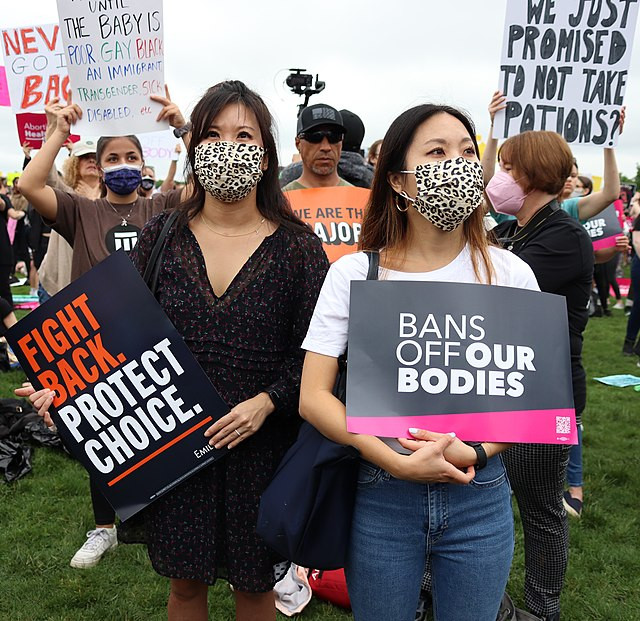The Utah Supreme Court upheld a block on the state's near-total abortion ban on Thursday, maintaining the status quo of allowing abortions up to 18 weeks of pregnancy while litigation continues. The 4-1 decision by the majority-woman court represents a significant setback for anti-abortion Republicans in the state legislature but is not the final word on the matter. The ruling only affects the district court's previous decision to block the law temporarily, pending further judicial review.
Passed in 2020 as a "trigger law," Utah's near-total abortion ban was designed to take effect once the U.S. Supreme Court overturned Roe v. Wade, which happened in 2022. The law would prohibit all abortions except in cases of rape, incest, serious risk to the mother's health, or if two maternal-fetal medicine physicians determined that the fetus had a lethal defect or severe brain abnormality. Violating the law could result in felony charges, monetary fines, and up to 15 years in prison.
The American Civil Liberties Union of Utah and Planned Parenthood Association of Utah (PPAU) filed a lawsuit claiming the law was unconstitutional, leading to a district court temporarily blocking the law before it could take effect. The state subsequently challenged the block, arguing that PPAU lacked the legal standing to challenge the constitutionality of the law on behalf of its patients.
In Thursday's ruling, the majority of justices clarified that their decision did not address the merits of Planned Parenthood's claims but focused solely on the appropriateness of the lower court's injunction. "The district court did not abuse its discretion," Associate Chief Justice John Pearce wrote for the majority. All the justices on the court were appointed by Republicans.
The court affirmed that PPAU had the standing to sue and had raised serious constitutional issues regarding the trigger law. "We affirm the district court and allow the preliminary injunction to remain in place while PPAU litigates its claims," the justices wrote.
PPAU celebrated the ruling but emphasized that the legal battle is far from over. "Today's decision means that our patients can continue to come to us, their trusted health care providers, to access abortion and other essential reproductive services right here in Utah. While we celebrate this win, we know the fight is not over," Kathryn Boyd, president and CEO of PPAU, said in a statement.
Conversely, abortion opponents expressed deep disappointment but remained hopeful about the case's final outcome. "The decision made today is a grim reminder that our society has strayed far from the moral compass that once guided us," said Mary Taylor, president of Pro-Life Utah, in a joint statement with the Utah Eagle Forum and the Abortion-Free Utah Coalition.
Katie Daniel, the state policy director of Susan B. Anthony Pro-Life America, echoed similar sentiments, stating, "We are hopeful that life will win on the merits in this case. This law is the will of the people and it is clear that the unborn deserve protections. Utah is a pro-life state that values babies in the womb and their mothers."
In response to the Supreme Court ruling, State Senator Dan McCay (R-Riverton) called for a special legislative session to propose a new six-week abortion ban. This proposed ban would significantly shorten the window for legal abortions from the current 18 weeks. "We're looking at states that have a six-week ban," McCay said during a news conference, citing examples from Iowa, South Carolina, Georgia, and Florida.
However, it remains uncertain whether McCay's proposal will gain the necessary support from Governor Spencer Cox and other legislative leaders. The legal questions surrounding Utah's abortion laws are tied to the state constitution, which may pose challenges to enacting a six-week ban similar to those in other states.






